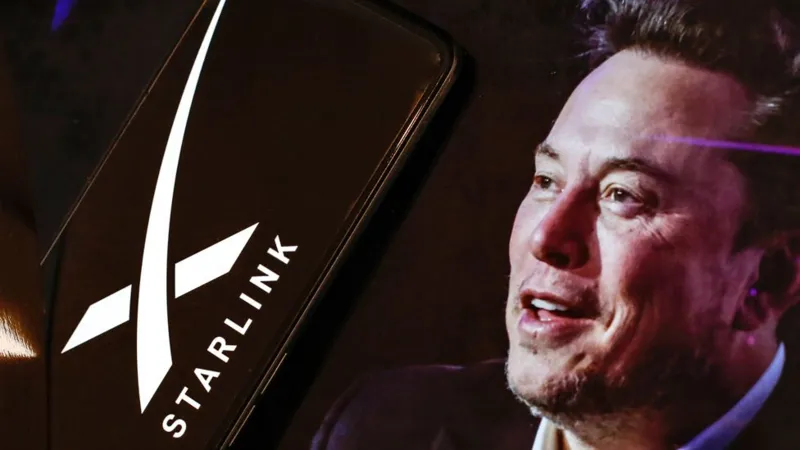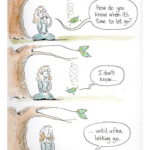In recent weeks, a racially charged row has erupted between billionaire entrepreneur Elon Musk and the South African government over the deployment of his satellite Internet service, Starlink. The conflict underscores the complex legacy of apartheid in South Africa and raises critical questions about technology access, corporate responsibility, and the enduring impact of colonialism.
The Background: Starlink and Its Promise
Launched in 2019 by Musk’s SpaceX, Starlink aims to provide high-speed internet access globally, particularly in underserved regions. With over 4,000 satellites already in orbit, the service intends to bridge the digital divide that has long plagued developing nations. In South Africa, where connectivity remains uneven between affluent urban areas and impoverished rural communities, Starlink has been touted as a potential game-changer.
However, as discussions advanced regarding deployment, tensions escalated. The South African government raised concerns about Starlink’s potential influence and the implications of a foreign corporation providing essential services without local oversight. These apprehensions were rooted in historical context, where foreign interests have often exploited local resources and marginalized local communities in South Africa.
The Trigger: A Controversial Tweet
In early October 2023, tensions flared when Musk, responding to criticism over Starlink’s operational plans in South Africa, tweeted, “Maybe the real issue is the inability to create an environment conducive to success.” This statement triggered backlash from various South African voices who perceived it as a dismissive remark about the country’s socio-economic challenges, echoing historical patterns of colonial rhetoric that portrayed local governance as incapable of self-management.
Critics argued that this echoes a troubling paternalistic view that distances itself from the serious legacy of systemic inequalities, pervasive poverty, and the lingering impacts of the apartheid regime, which officially ended in 1994 but continues to influence the socio-economic landscape of the nation.
Racial Dynamics and Misinterpretations
While Musk may not have intended to provoke, his comments did not go unnoticed. Many South Africans expressed their frustrations on social media platforms, pointing to the “white savior” complex that often colors perceptions of African nations. The historical context cannot be overlooked; South Africa has had a painful past marked by racial discrimination, economic disparity, and a struggle for self-determination.
The South African government’s reaction was swift, encapsulating a blend of national pride and a defense of its agency. Government spokespersons emphasized that any deployment of technologies like Starlink must incorporate local community needs and perspectives. They argued for an inclusive dialogue that respects South African sovereignty and the experiences of its citizens rather than imposed solutions from foreign corporations.
Potential for Collaborative Solutions
Despite the rocky exchange, there exists the potential for constructive dialogue between Musk’s venture and the South African government. Recognizing the mutual benefits of collaboration could pave the way for innovative solutions. Enhancing digital infrastructure should involve partnerships that ensure equitable access and respect local cultures and needs.
One constructive approach might be engaging local stakeholders—entrepreneurs, civic organizations, and community representatives—in discussions on how Starlink can effectively and ethically serve South African populations. This would not only address the concerns raised but also create a framework for sustainable practices that leverage technology for good.
Conclusion
The racially charged row between Elon Musk and South Africa underscores complex historical legacies and the ongoing challenge of reconciling modern technological advancements with local realities. As companies like SpaceX expand their horizons, understanding and embracing local contexts, histories, and communities will be key to fostering positive outcomes for all involved. It remains to be seen whether this episode will lead to meaningful change or if it will serve as yet another reminder of the challenges faced when foreign interests intersect with local aspirations.
Email Us on editorial@nnafrica.com













